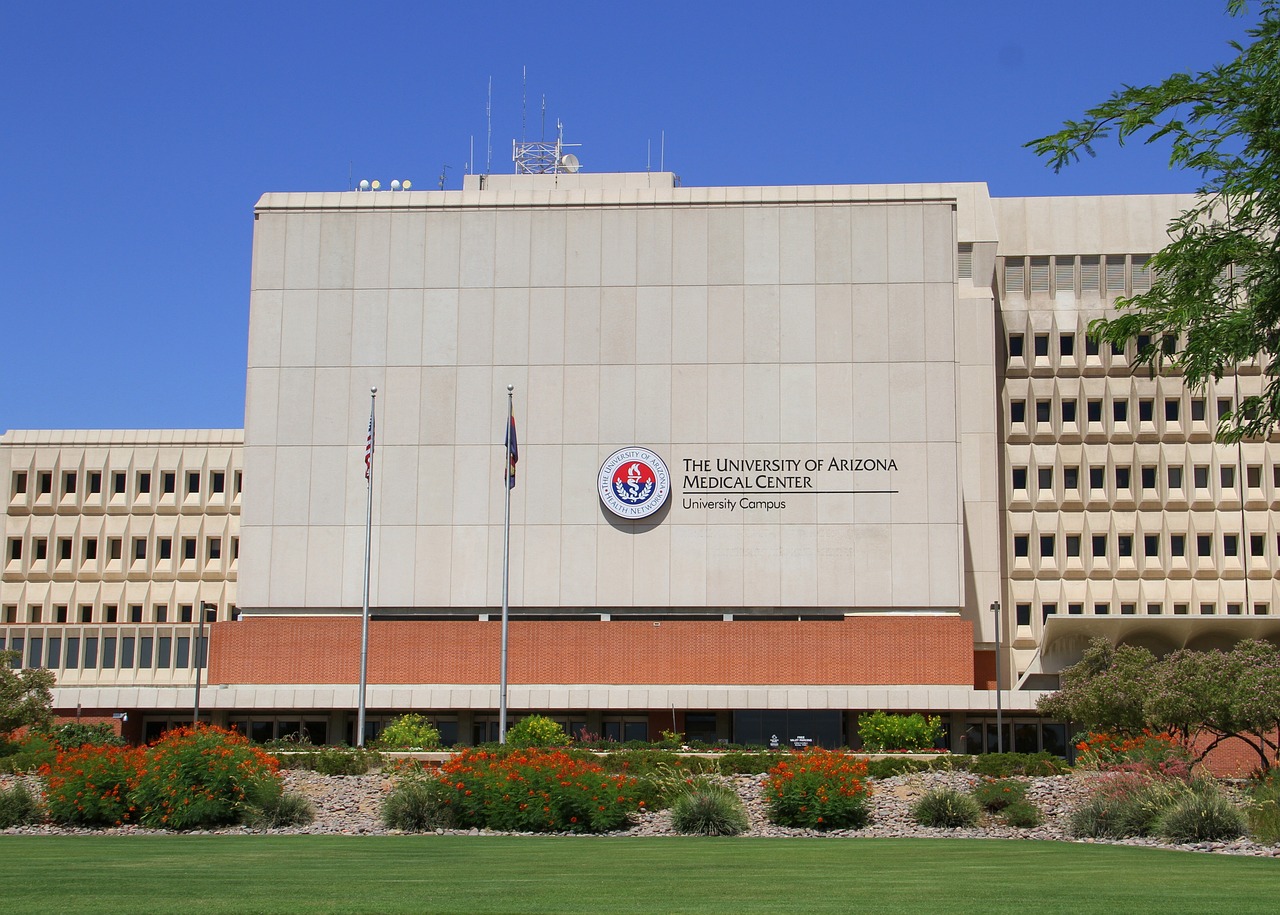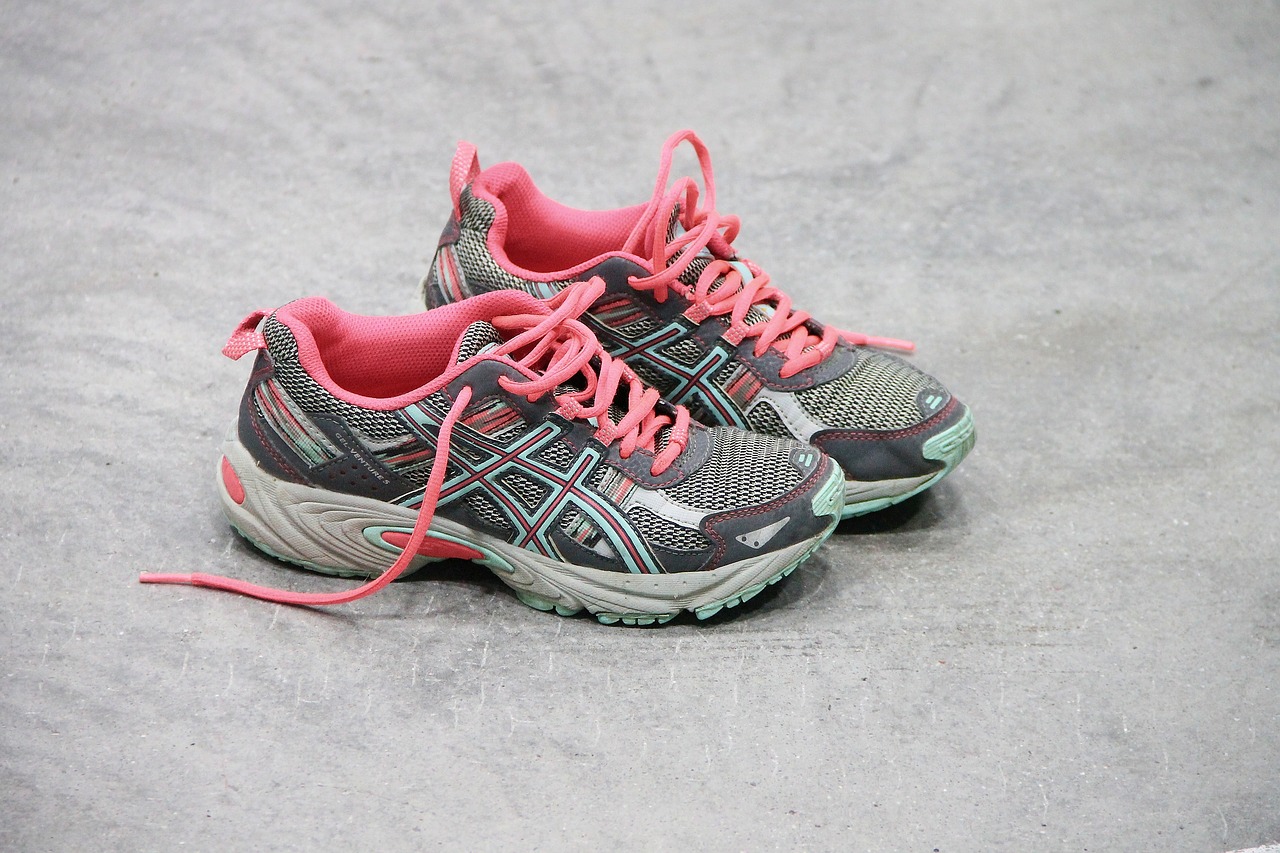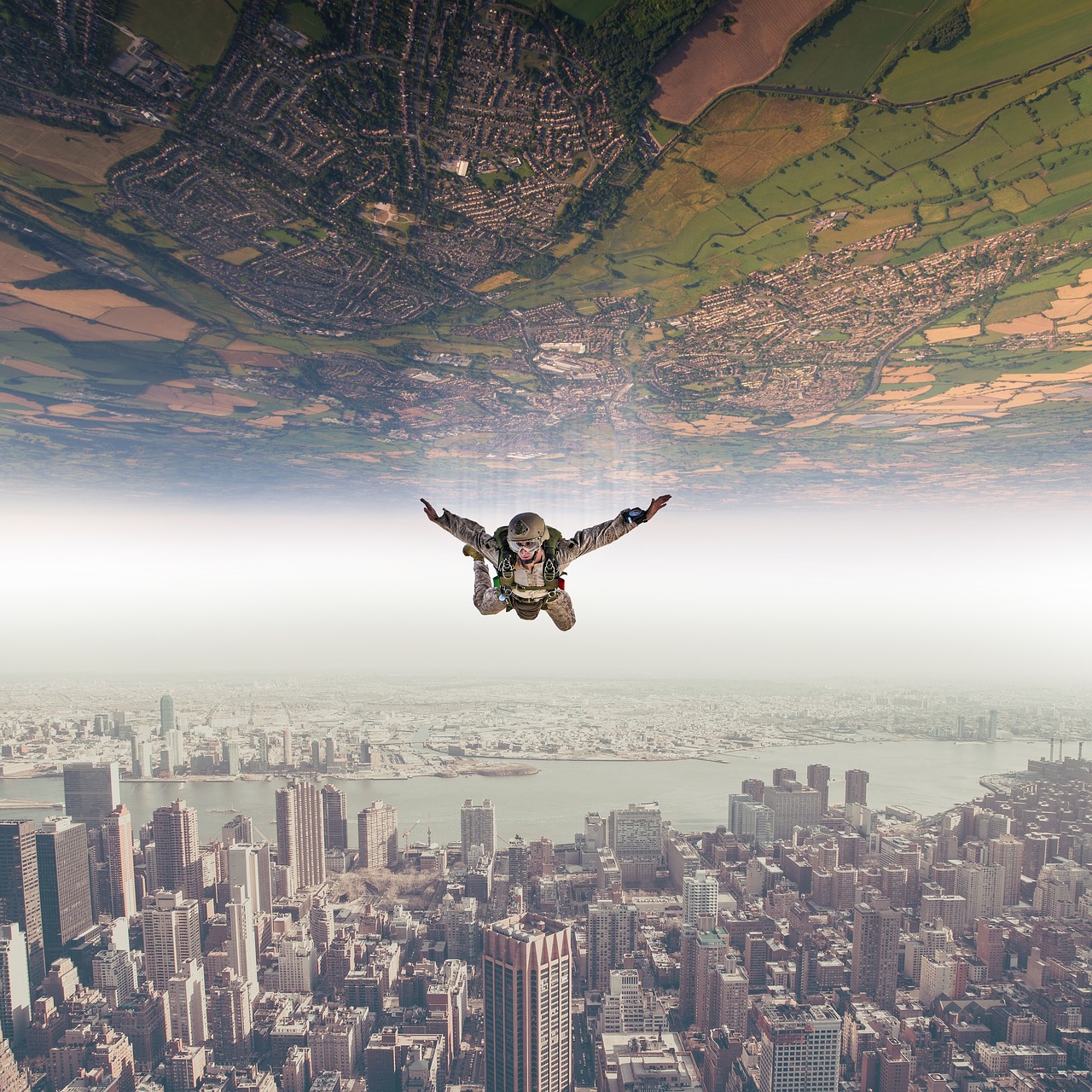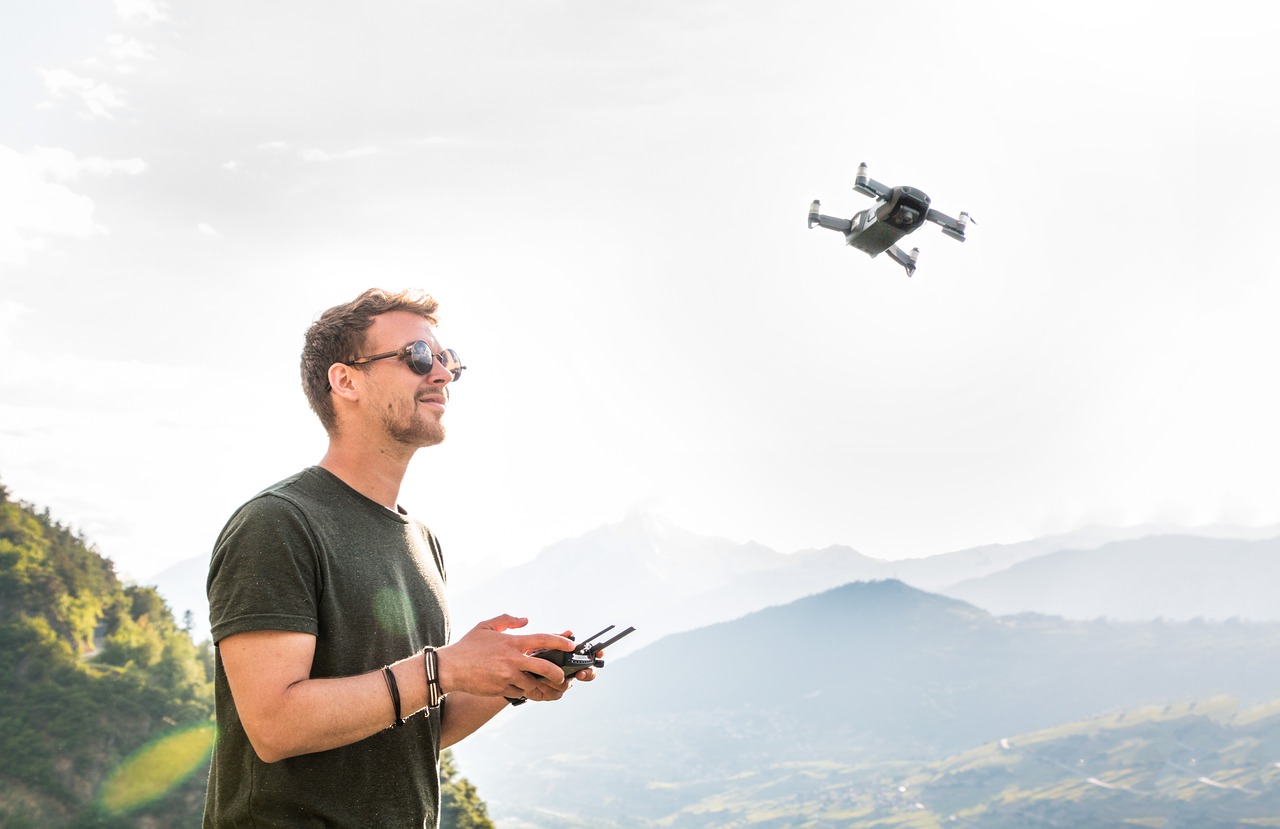
If you are like me, I am an avid youtube fan. Since it is in my wheelhouse, one of the topics I occasionally search for is radiology (in addition to astronomy, Ukraine, and guitar lessons!). And as I was surfing the YouTube world on these topics. I hit upon a series of videos with the hypnotic voice of Dr. Jubbal from Med School Insiders, a business that caters to students who want to enter the field of medicine. Many of these videos claimed to review Radiology as a field, including salaries, types of residents, the culture, and more. But does that mesmerizing voice have it all right? Or, is much of what Dr. Jubbal says about radiology a farce? Here is a review of the world of Dr. Jabal, and Med School Insiders impression of the field of radiology and whether he gets it all right.
Salaries- In The Middle Of The Pack?
The videos emphasizing radiology talk about salaries and consistently talk about radiology as somewhere in the middle of the pack. That phrase can be very misleading. As someone within the field, knowing where we stand in the salary ranking, I know that salary is highly dependent on where you work, whether you are in private practice or academics, and a slew of other factors. Based on my own experiences with these factors, radiology has been more consistently toward the top of the salary distribution on average than most other specialties. But, of course, it is possible to find a lower-paying radiology job.
Med School Insiders Talk About Artificial Intelligence
This factor is where Dr. Jubbal gets it wrong. He uses artificial intelligence as a risk for new students entering radiology. Artificial intelligence has consistently been underwhelming for most radiologists out there as a way to replace radiologists. The best CAD detectors for mammo and lung nodules have consistently underperformed expectations. The biggest problem with artificial intelligence is that there are always new data sets that the researchers have not inputted into their algorithms. And, any independent reads by a computer will not be able to take these myriad factors into account for a very long time. I don’t see any chance of it taking over a radiologist’s job for more than fifty years from now.
Even if artificial intelligence becomes more successful, radiologist numbers are still way too low relative to the amount of work out there. Artificial intelligence may even boost efficiency to get more done in less time, enabling radiologists to do more with less and increase earnings. (That would be a good thing) Artificial intelligence, therefore, is not much of a risk at all to the profession. Sorry, Jabal!
ROAD/Flexibility
Dr. Jabal constantly adds radiology as part of the lifestyle specialties. Sure, we have one of the most flexible specialties regarding work location, shiftwork, and type of work. However, many of us have become insanely busy because we are replacing a lack of physician staffing elsewhere, i.e., emergency medicine, family medicine, etc. For this reason, patients will often get pan-scans without being seen by clinicians first. So, many of us have become very busy trying to keep up with the demand. So, I’m not sure we belong on the ROAD list anymore!
More Introverted Specialty
On this subject, I would have to agree on a bit. Although I know lots of radiologists who are very outgoing and personable, many radiologists would prefer to work alone as well. In other specialties, this introversion does not fly as well when you have to see tens of patients daily—seeing patients could become exhausting for an introvert. Radiology is a way to avoid the constant bombardment of patient contact. (Of course, it does not have to be that way!)
Competitiveness
Here is another area where I would have to agree with Dr. Jabal. Although the trends have become more competitive lately since COVID, we are certainly not as competitive as dermatology or orthopedics. We place somewhere in the middle of the pack, maybe a bit more toward the upper end of the mid-tier lately. Dr. Jabal seems to emphasize a similar level of competitiveness, somewhere toward the middle of the middle, That ranks close enough to the mark.
Doctor Jubbal, Med School Insiders, And Radiology
So, yes, Dr. Jubbal does toot his own horn as he had formerly trained as a plastic surgeon and subtly suggests that plastic surgery is the epitome of being a physician. If you can get past that, he does get some impressions of radiology right, especially the appeal to introverts and the general competitiveness of radiology. On the other hand, he misses the mark a bit for others, such as salaries, artificial intelligence, and the ROAD concept for radiology. But, overall, he does not do so badly. His youtube segments are enjoyable to listen to and can help residency applicants in general. My advice, though, is never to use one source for anything. And try to find mentors in the residency space within your specialty of interest. The best advice will come from physicians within the area of training where you want to apply!















